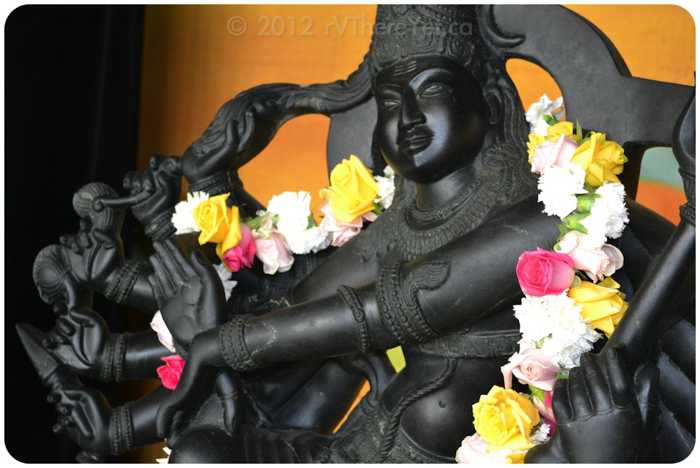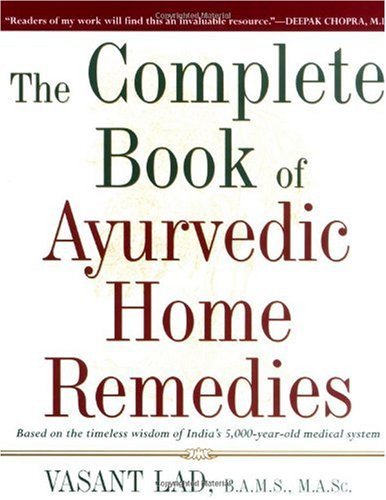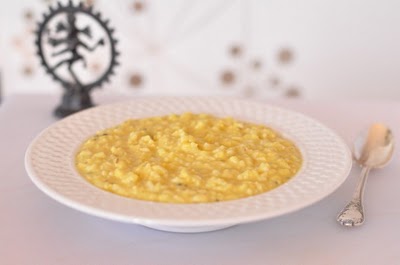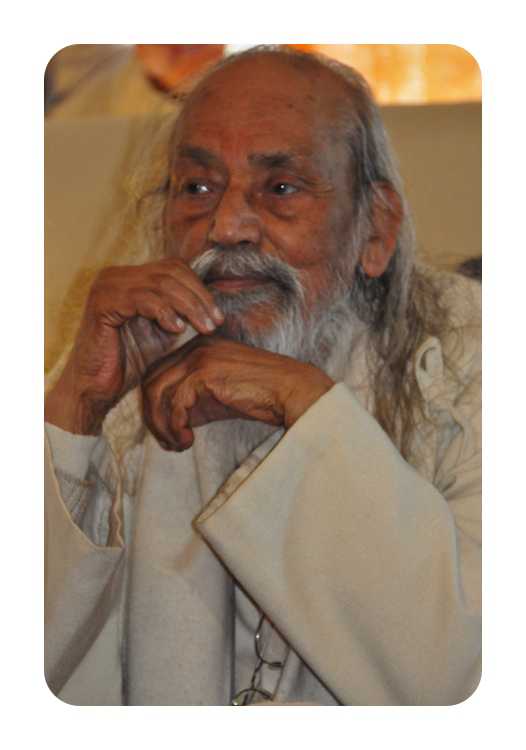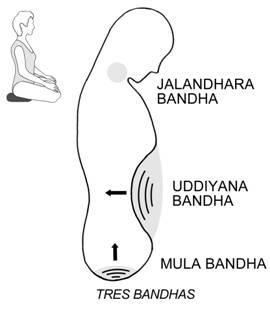Maha Shivaratri

 Maha Shivratri (Sanskrit: महाशिवरात्रि),is a Hindu festival celebrated every year in reverence of the Hindu deity Lord Shiva who represents the Pure Conscious Principle. Shivaratri literally means the great night of Shiva or the night of Shiva; Shiva literally means “auspicious” and as Shankara, he is the giver of happiness and the god who destroys evil. This year, Shivaratri will be celebrated on Sunday, the 19th of February into Monday, the 20th. The program begins on the morning of the 19th with the ritualistic creation of 1008 Shiva Lingams (a Shiva Lingam is symbolic of the creative power of the universe. It denotes the truth that God does not have any definite form). At sunset the community continues their vigil: chanting kirtan to Shiva and performing ritual throughout the night in the Community Building. The closing ritual ends just before dawn. Offerings are then carried to the Hanuman Temple for Arati, and finally to the Newt Pond where the offerings and participants submerge into the cleansing waters.
Maha Shivratri (Sanskrit: महाशिवरात्रि),is a Hindu festival celebrated every year in reverence of the Hindu deity Lord Shiva who represents the Pure Conscious Principle. Shivaratri literally means the great night of Shiva or the night of Shiva; Shiva literally means “auspicious” and as Shankara, he is the giver of happiness and the god who destroys evil. This year, Shivaratri will be celebrated on Sunday, the 19th of February into Monday, the 20th. The program begins on the morning of the 19th with the ritualistic creation of 1008 Shiva Lingams (a Shiva Lingam is symbolic of the creative power of the universe. It denotes the truth that God does not have any definite form). At sunset the community continues their vigil: chanting kirtan to Shiva and performing ritual throughout the night in the Community Building. The closing ritual ends just before dawn. Offerings are then carried to the Hanuman Temple for Arati, and finally to the Newt Pond where the offerings and participants submerge into the cleansing waters.
 Traditionally Shivaratri is observed on the lunar fortnight, when the moon is waning, in the western month of February or March. This particular night is considered a time of consecration and dedication, which can result in the mind’s illumination. The festival is principally celebrated by a multitude of offerings to Lord Shiva, with all day fasting by those participating in the ritual circles and an all night long vigil by those who wished to celebrate in Shiva’s name.
Traditionally Shivaratri is observed on the lunar fortnight, when the moon is waning, in the western month of February or March. This particular night is considered a time of consecration and dedication, which can result in the mind’s illumination. The festival is principally celebrated by a multitude of offerings to Lord Shiva, with all day fasting by those participating in the ritual circles and an all night long vigil by those who wished to celebrate in Shiva’s name.
Kirtan played the biggest part of the evening with Puja and Yajna ceremonies intermingled between the kirtan marathon sessions. The holy mantra most commonly chanted throughout the evening {with many different artists offering their renditions and blessings} consisted of five-syllables: “Na” “Ma” “Shi” “Vaa” “Ya” (Om NamaH Shivaaya) in praise of Lord Shiva. Nataraja (the king of dancers) is a favourite form adored by dancers and musicians.
An example of one of the evening’s mantras:
English Meaning:
At dawn I contemplate on Shiva, the God of gods, the remover of the fear of transmigration, who holds the Gangã in his locks, and rides a bull, the Lord of Ambicã (the Divine Mother), the wielder of the club and spear (in two of his hands) and with the other two offering boon and protection and who is the one infallible remedy for the afflictions of relative existence (Samsãra).
